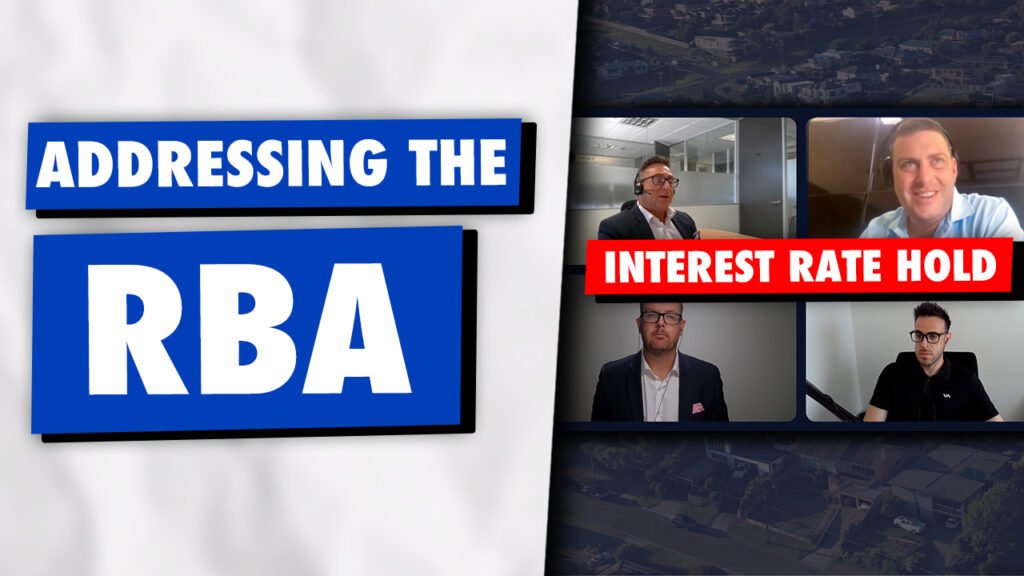Loan-to-value ratio is the value of your property loan compared to the value of the property itself (as assessed by your lender). It’s expressed as a percentage and is often used during loan applications. The lower your LVR, the more likely you are to get financing.
For example, if your lender assessed an investment property as being worth $800,000, and you had a deposit of $150,000, you’d need to borrow $650,000 to purchase the property.
In that case, you could calculate your LVR by dividing $650,000 by $800,000, then multiplying the result (0.8125) by 100, which gives you 81.25%.
Generally, an LVR below 80% is desirable. If your LVR is over 80%, lenders view your risk as being higher; you may be required to take out LMI and face higher interest rates and less favourable loan conditions.






